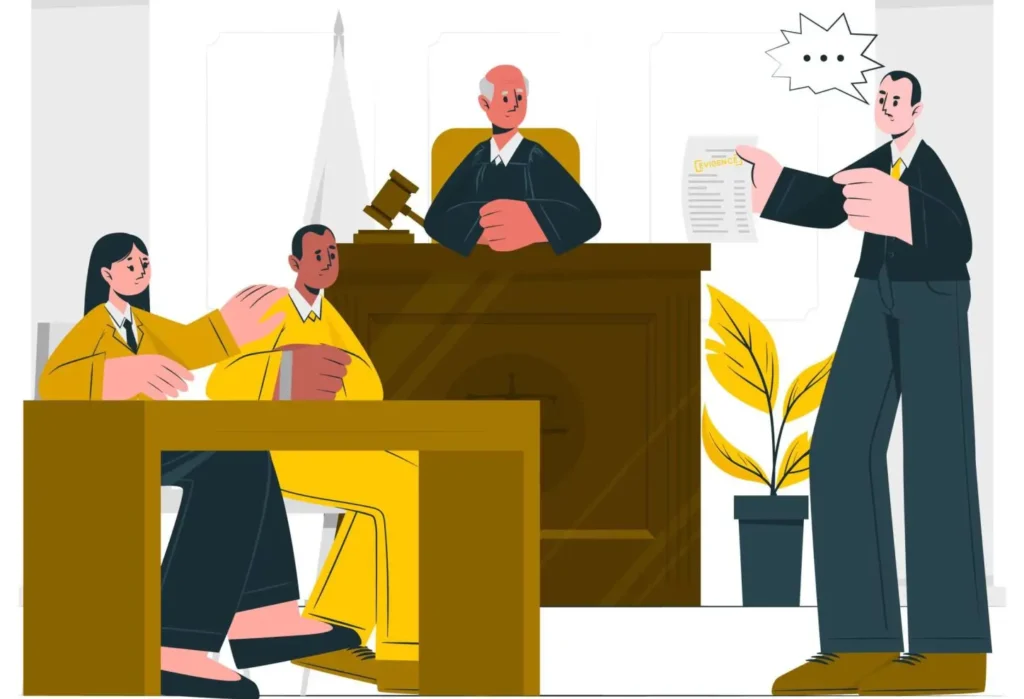In Ralph Rettke-Grover v John Ellott Needleman Ann-Marie Wolfryd, brought forward an important clarification to confusion with regards to service charge fees levied upon lessee by the lessors. The case shed light on the question whether expenses incurred by the lessor can be charged to the lessees’ for performance of lessors’ duty under lease agreement.

Ralph Rettke-Grover (the appellant) filed against the decision of LVT (Leasehold Valuation Tribunal for the London Rent Association Pannel) which decided on favour of John Ellott Needleman Ann-Marie Wolfryd (the respondent) regarding the respondent charging the appellant for fees incurred for the performance of the respondent’s duties as provisioned in the lease agreement.
A service charge is money levied from the tenants by the landlord for managing the shared spaces of the property. Generally, the service charge is used to cover for maintenance of garden, parking, lifts, corridors etc. The landlord needs to maintain records of service charge and prepare service charge accounts on annual basis.
The Appellant and Respondent Contentions
The case was initially decided by LVT regarding the question, whether the lessor was entitled to add chartered accountant’s fee in the service charge account levied upon the lessee. The lease agreement sought for a 15% management charge paid by the lessee to the lessor for the cost of administering the lease. A defined number of activities in the lease agreement entailed for a management charge of 15% which did not explicitly refer to or included for an accountant’s fee.
The LVT initially decided in favour of the lessor concluding that the lessor was entitled to charge chartered accountants fee in addition to the charged 15% management charge. The LVT decided it was reasonable for the landlord to engage a chartered accountant to prepare the account.

The lessee then appealed to the Upper Tier Tribunal against the decision. The lessor contended that; the provisions of the lease was wide with the wording to allow the lessor to recover the accountant’s fee. The lessor urged the tribunal to adopt a purposive approach while deciding the case. The lessor argued that accurate and proper accounts were necessary in management of any leasehold building and therefore the lessor should charge the lessee. The lessor added that, the expense incorporated to service charge was indeed crucial in the long run for proper management of the building and without the chartered accountants would be difficult.
The lessee submitted that the lease be understood ‘contra proferentem’ against the lessor. Meaning, since the lease agreement was drafted by the lessor or through its agent, any undefined/ ambiguous provision must be interpreted against the person who drafted them. The lessee also appealed that in absence of a specific provision within the lease agreement, for the lessor to collect accountant’s fee through the service charge, the lessor was not entitled by the lease agreement to make such charge.
The Upper Tribunal Ruling
The tribunal held that the lease lays certain express obligation on the respondent or the lessor, like to ascertain and certify the amount of the service charge and the furnishing of accounts to the lessee or the appellant.
Finally, the tribunal held that the lessor has certain obligation which obliges the lessor to perform at their own expense in return for the management charge. Among this obligation is the preparation of the accounts and appropriate certificate.
Additionally, the lease agreement did not make provision for engagement of an accountant and that it was the option or choice of the lessor either to employ one or perform the said function by himself/herself.
Conclusion
In this case, the lessor employed a chartered accountant for the preparation of accounts for the performance of the responsibility of the lessor, the lessor must now make payment from his/her own pocket rather incorporate the chartered accountants fee to the service charge through the lessee. This was part of the management of the business for which the management fee was levied.
This decision provides a benchmark on additional expenses outside the scope of a lease agreement. Additionally, it outlines that for the performance of obligation entrusted by the lease agreement, any professional help or assistance sought or employed would make liable the person so entrusted by the lease agreement to make such required payment.